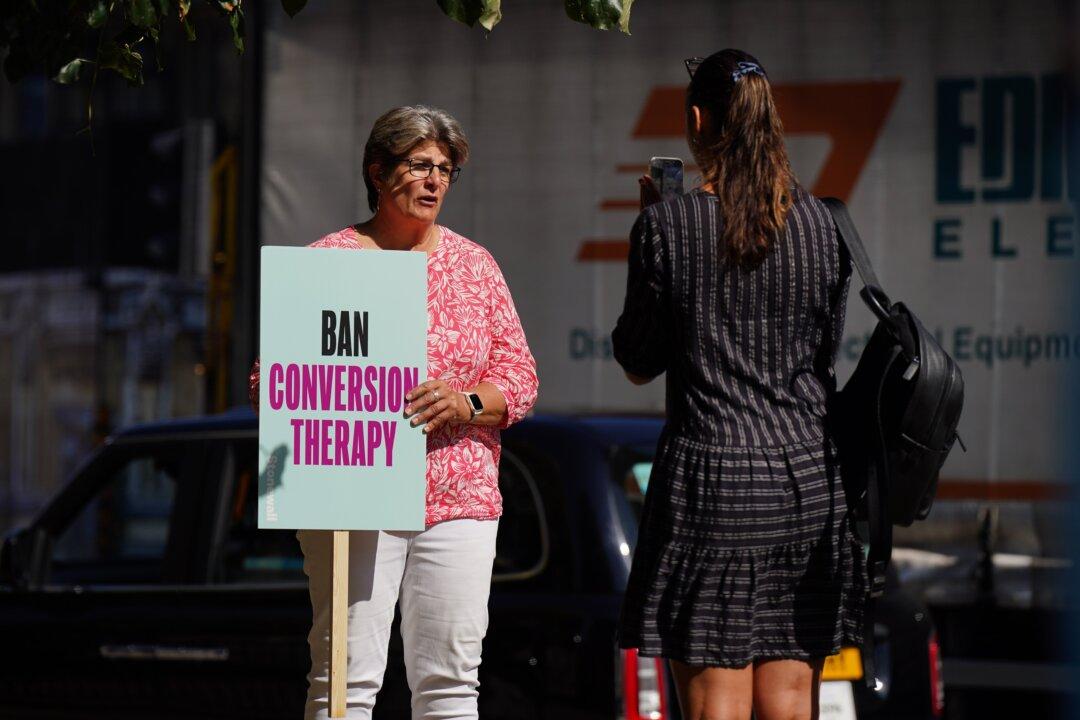The Scottish Government has launched a consultation on proposals to ban so-called “conversion therapy,” which opponents claim could lead to parents being jailed if they oppose their child’s wish to present as the opposite sex.
There is no universally accepted definition of what constitutes a “conversion practice,” as the document states, but the government’s Expert Advisory Group says it means “any treatment, practice or effort that aims to change, suppress and/or eliminate a person’s sexual orientation, gender identity and/or gender expression.”





